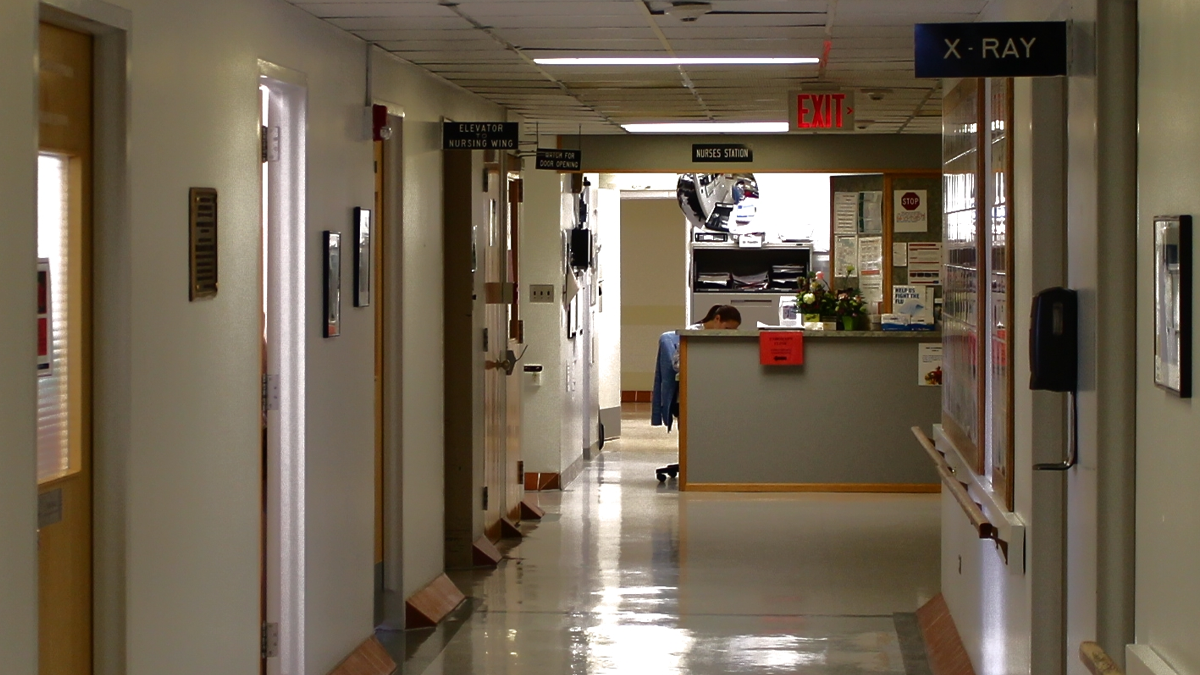The Trudeau government announced earlier this year it will increase health-care spending to provinces and territories by $196.1 billion over the next decade. But patients hoping for improved access will likely be disappointed.
In reality, Canada’s health-care system already ranks as one of the most expensive systems in the world but only has mediocre results to show for it. In other words, the problem isn’t the amount of money we spend – it’s the poor value we get for our health-care dollars.
A new study compared the spending and performance of Canada’s system with 29 other universal health-care systems worldwide. According to the study (after adjusting for population age in each country), Canada was the highest spender on health care as a share of the economy (at 12.6 per cent) and ninth-highest on a per person basis in 2021, the latest year of available data.
And yet, compared to other universal countries, Canada reported far fewer physicians (ranking 28th of 30) and hospital beds (23rd of 29) per 1,000 people in 2021. And ranked low for the availability of MRI machines (25th of 29) and CT scanners (26thof 30) per million people in 2019 (the latest year of available data).
Unsurprisingly, scarce health-care resources are accompanied by long wait times. Using data collected in 2020 by the Commonwealth Fund, the study found that only 38 per cent of Canadians reported waiting less than four weeks for a specialist appointment –a much smaller percentage than countries such as Switzerland (68 per cent) and Germany (67 per cent).
On this indicator, Canada ranked 10th out of 10 countries. Canada also ranked dead last (10th) on timely access to elective surgery – with 62 per cent of Canadians reporting waiting less than four months – compared to 99 per cent of Germans and 94 per cent of Swiss.
While these results were disappointing, Canada reported mixed results in other areas of performance. For example, although Canada performed poorly on safety indicators such as obstetric trauma during birth (23rd of 23 countries), it performed above the OECD average on other indicators including heart attack survival rates (9th of 25 countries). But while the Canadian system has in some areas performed in line with its high spending levels, overall it’s struggled to meet many of its basic obligations – especially timely access to care.
With its latest increase in health-care spending, the Trudeau government again ignores the fact that Canada already has one of the most expensive universal health-care systems in the world.
And although some of this new spending is predicated on provinces tracking progress and demonstrating improvement on certain indicators, international data reveal a simple truth – Canadians do not receive commensurate value for their health-care dollars. Without fundamental reform, it’s unlikely the new spending promised by the Trudeau government will produce improved performance for Canadian patients and their families.
